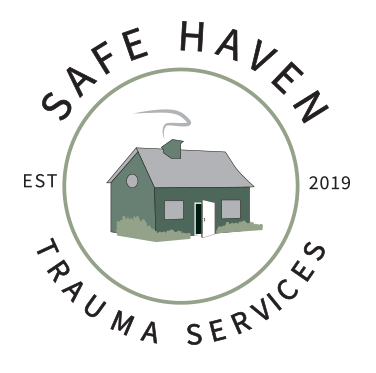Roots of Addiction
I find myself having a difficult time writing this piece. I recognize that identifying what lies beneath addiction is an important topic, but a part of me does not feel qualified to write on the subject. I, myself, am not in recovery. I have loved many people through it and I have sat with countless clients struggling with substance abuse. I have even tried desperately to understand what drives the behavior, to learn what it feels like to walk in their shoes. For years I desperately wanted to understand why someone would put themselves and others through the whirlwind that is addiction. This is an accumulation of information based both on my research into the subject of addiction and from experience holding my loved ones’ hands through their recovery journey. This one is for those that will remain nameless.
Each person’s addiction is unique, each serves its own purpose in the lives of those it touches. Addiction is not “the enemy” or “the bad guy.” I believe a better depiction of the addictive part of you is that of a child desperately trying to resolve an issue. These wounded parts of yourself are looking for anything to resolve the trauma, to alleviate the pain. You may have experienced one, if not multiple, traumatic events in your life. The amount of trauma, just like the addiction itself, varies from person to person. Your addiction is an attempt to survive, a sign of resiliency. Without substance abuse, you may not have survived your traumas.
Addiction can also be an attempt to feel alive, excited, or to experience an escape. It can be an adventure in which you escape the pain you believe you cannot handle. To be sober is too great a suffering to bear. Couple that with the ongoing stigma attached to addiction and I can imagine why you are hesitant to “just say no” or quit using. It can provide you with sense of being fully alive and happy. It may be the your only way of finding reprieve and solace.
Addiction can be a way to forget, if even for a moment, what is occurring around you. It can also serve as a way to forget the physical sensations, emotions, thoughts, and memories of past traumas. Just as some people “drink to forget” you can also “drink to remember.” I recall someone once told me about their brother who overdosed on a particular substance. They said, “Every time I use I feel connected to my brother.” It is reasonable to be curious about the substances that people use regularly. Using a loved one’s substance of choice can be spiritual and, in a way, honor their memory. You may find yourself wondering, “Why did my loved on choose this over me?” You may begin using that substance simply to keep your loved one’s spirit alive. I would be lying if I said curiosity did not also get the best of me. I wondered how certain people in my life could choose alcohol and substances over me. It is a natural, human response when you have lost someone (metaphorically or physically) to addiction.
You may also use as a way to attach, or detach, from others. Using substances can inhibit social anxieties and allow you to truly feel connected to other human beings. Sometimes we fear that we are so damaged on the inside that the only way to feel even a smidge of confidence in connecting is to be under the influence. Other times you may use to perpetrate your loneliness. It can make the deafening silence of being alone far easier to bear. Substances can provide the support that you may not see in your life. I have heard in multiple books accounts of people who use heroin comparing it to “receiving a warm hug.”
All of the reasons listed, among others I have probably left out, may lead you to use substances as a coping strategy. These driving factors, as you may have noticed, are all very real human needs: connection, attachment, excitement, an escape, and as a way to keep yourself alive through trauma. Substance abuse is often stigmatized and portrayed in a negative light, leaving its victims fearful of reaching out for help. Shame that you experience from substance abuse (or other addictive behaviors) can lead you to become silent about your pain and society may continue to quiet you with its hateful words. When you need support you find punishment. In our society, we do not offer much to those who have fallen prey to addiction. We shame people who are simply doing their best to meet a human need. Instead of trying to compassionately understand, we shun them. Which can lead to extended periods of use for yourself or someone you love.
What comes to mind while I am writing this is Demi Lovato’s public struggle for recovery. If only we could band together and support people struggling with similar issues with the same fervor that her fans did after each and every relapse. Addiction is frightening and no one deserves to battle it alone. Including you.
If you reside in the state of Tennessee and are looking for an outpatient individual therapist, I am currently accepting new clients. Click the link below to schedule an appointment or simply ask a question!

